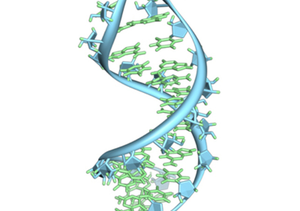New York: Adding multiple “tails” to the new Messenger RNA (mRNA) structure can help improve its efficiency in cells by five to 20 times, according to a study.
mRNA, which rose to fame with Covid-19 vaccines, are genetic sequences that instruct the body to produce proteins.
Following its success against Covid, its prowess is also being explored to fight other diseases like cancer. But its broad use may depend on how long the mRNA molecules stay in the body, said the team from the Broad Institute of MIT and Harvard and MIT in the US.
To find out, they engineered multi-tailed mRNAs, which were found to last two to three times longer in animals compared to unmodified mRNA.
Further, incorporating the molecules into a CRISPR gene-editing system resulted in “more efficient gene editing in mice”, the team said.
The new mRNAs, reported in Nature Biotechnology, can be used in the treatment of diseases which require long-lasting treatments that edit genes or replace faulty proteins.
“The use of mRNA in Covid vaccines is fantastic, which prompted us to explore how we could expand the possible therapeutic applications for mRNA,” said Xiao Wang, senior author of the new paper, a core institute member at the Broad and an Assistant Professor of Chemistry at MIT.
“We’ve shown that non-natural structures can function so much better than naturally occurring ones. This research has given us a lot of confidence in our ability to modify mRNA molecules chemically and topologically. In mouse experiments, just one dose of multi-tailed mRNA led to protein production that lasted as long as 14 days — nearly double the lifetime demonstrated by previous mRNA technologies,” the team said.
–IANS


Comments are closed.